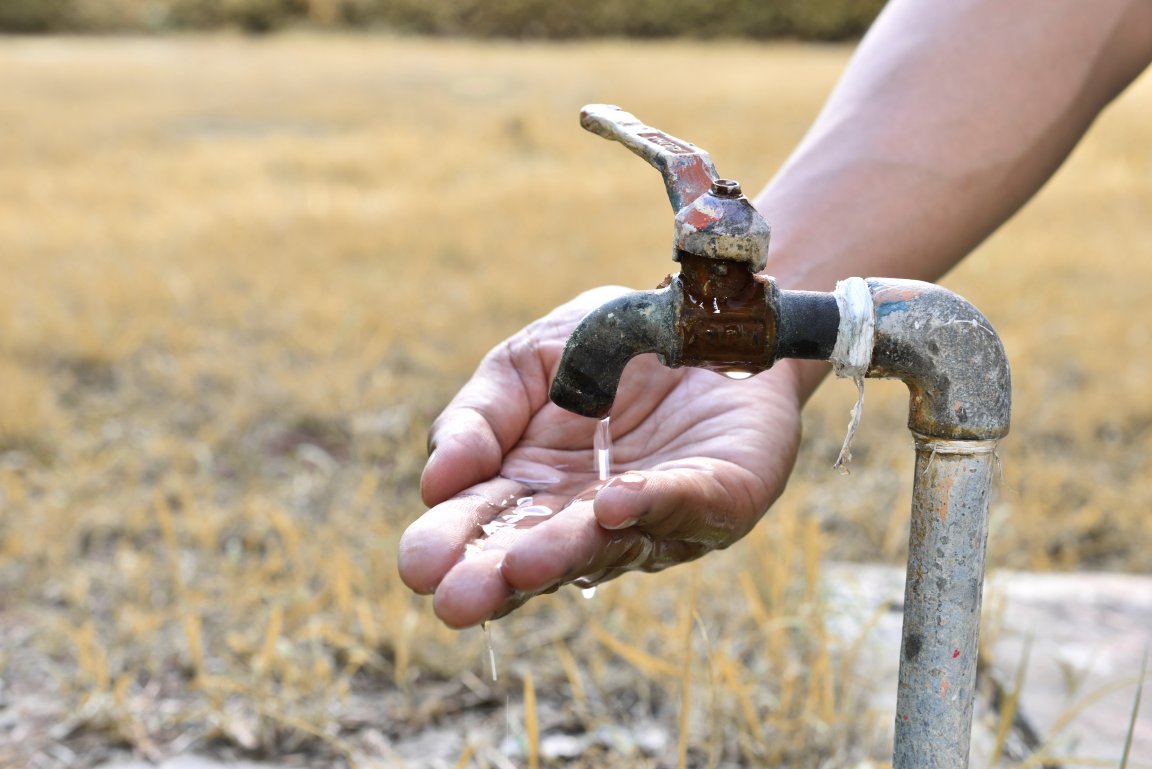
More Than the Hype
There’s been a lot of talk lately about cryptocurrencies, particularly bitcoin and ether, which have both seen rising values. While their market stability and viability for mass adoption remain unsure at best, the same can’t be said of the technology that powers these cryptocoins. Blockchain has proven itself useful not just in the financial sector, but also in the world of charities and philanthropy.
Blockchains are digital ledgers that record transactions — or smart contracts — in a distributed, decentralized network. These networks are maintained by miners, who receive a cryptocurrency in exchange. For example, those who keep the Ethereum blockchain “mine” ether coins. Blockchains are also very transparent and secure, as no transaction is kept by just one system. So, it’s found favor among banks and other financial institutions.

Over the past months, however, blockchains have increasingly become a reliable fund transfer platform for several aid programs. Among these is Disberse, which a U.K.-based network of local and international aid agencies called Start Network, began testing last week.
“This exciting partnership could lead to the transformation needed in the way money flows through the humanitarian system,” Start Network director Sean Lowrie said in a Start Network statement. “The Start Network is testing innovative solutions to many humanitarian challenges to enable aid agencies to be more efficient and effective.”
Changing Transactions, Changing Times
The Start Network isn’t the first one to rely on blockchain for its aid programs. The United Nations’ own World Food Programme (WFP) ran a trial of an Ethereum-based cash assistance program called Building Blocks. This seems to be the first of many, as the UN recently revealed that a number of its other programs are also exploring the possibility of using blockchain.
According to the UN Office for Project Services, the agencies involved include the UN Development Programme, the UN Children’s Fund, UN Women, the UN High Commissioner for Refugees, the UN Development Group, and, of course, the WFP.
Blockchain’s potential for charity comes as no surprise. Because it doesn’t use cash, it eliminates some of the biggest problems that plague aid and fund transfer programs — corruption and fund leaks, where according to UN secretary-general Ban Ki-moon about 30 percent of developmental aid is lost.
Other efforts that rely on blockchain to deliver aid include BitNation’s Refugee Emergency Response, which won the 2017 Netexplo Grand Prix for innovation. There’s also a basic income program called Grantcoin that uses blockchain and cryptocurrencies.
Apart from these, blockchain is also seeing use in other industries. Brooklyn-based startup LO3 Energy, for example, uses blockchain to manage microgrids. It’s also supporting sustainable governance systems and could even allow us to build a new internet.
As the potential of blockchain continues to be explored, it won’t be surprising how this technology could end up transforming the way we run the world.